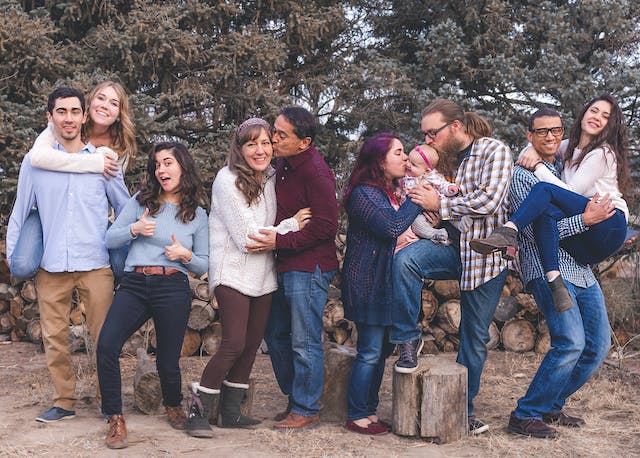During these troubled times, here and around the world, it can be challenging to find peace and joy during the holidays. Experts offer advice such as taking a break from media coverage, volunteering (or donating) to a cause near your heart, or meditating. As an experienced estate planning attorney, I also have some advice on the subject based entirely on what I’ve observed during my many years of practice.
I have seen it repeatedly: the sigh of relief, the statement of satisfaction, the reward of knowing you’ve done all you can to care for your loved ones; that is the “pay-off” once you’ve gotten your affairs in order. Nothing delivers those sensations like making sure your hard-earned assets and your loved ones are protected. Maybe you already have a solid estate plan, but it needs to be updated. Or perhaps you don’t even have a will or other necessary legal instruments. In these times of global strife, where we can feel helpless, one thing we CAN do is to protect those closest to us. Protect them from the confusion, pain, and often expense of dealing with sorting out your affairs after you die. It will be hard enough for them to grieve – don’t add to that burden the rigors of going to probate court, for example.
Here is a brief checklist of legal instruments we can discuss when you come in to ensure you’ve covered everything. I promise you while finding meaning in a crazy world is not easy, establishing your estate plan will give you enormous satisfaction and contentment.
<![if !supportLists]>1. <![endif]>A will: if you die without a will (called intestate), your loved ones must go through probate. If you have multiple heirs, things could become complicated, causing arguments and even lifelong estrangements.
<![if !supportLists]>2. <![endif]>Health care directives: Without a clear, legally acceptable medical directive (such as who can speak on your behalf if you are unable to do so, such as after an auto accident), your caregivers may not make decisions for the treatment you or your loved ones would want. Even if you’re married, they may not accept your spouse’s input if you haven’t legally appointed them.
<![if !supportLists]>3. <![endif]>A living will: for many, being sustained on life-support, draining an estate of every penny for “no good reason,” is enough to motivate some to have a living will. This document is your opportunity to make end-of-life decisions for yourself if there is no hope of recovery. The medical community is committed to maintaining life, no matter what, so sometimes one needs to have a living will that lets them know that being on life-support is not what you want in your future.
<![if !supportLists]>4. <![endif]>A trust: A trust is not for everyone, but it is a legal tool that can help protect you and your hard-earned assets. It offers benefits during your life and to your loved ones later. It is a legal instrument all estate planning attorneys should discuss with clients before deciding whether it’s right for you or not.
<![if !supportLists]>5. <![endif]>Power-of-attorney: This is a convenient legal document that can come into play if you become temporarily incapacitated (such as hospitalized and unable to pay your bills) or even if you’re traveling and want someone to stand in for you to sign documents on your behalf (financial instruments for example).
Call me at 513-399-7526 or visit my website, www.davidlefton.com. Again, I promise you will take great comfort once you’ve updated or created your estate plan, knowing you’ve protected your assets and loved ones.



